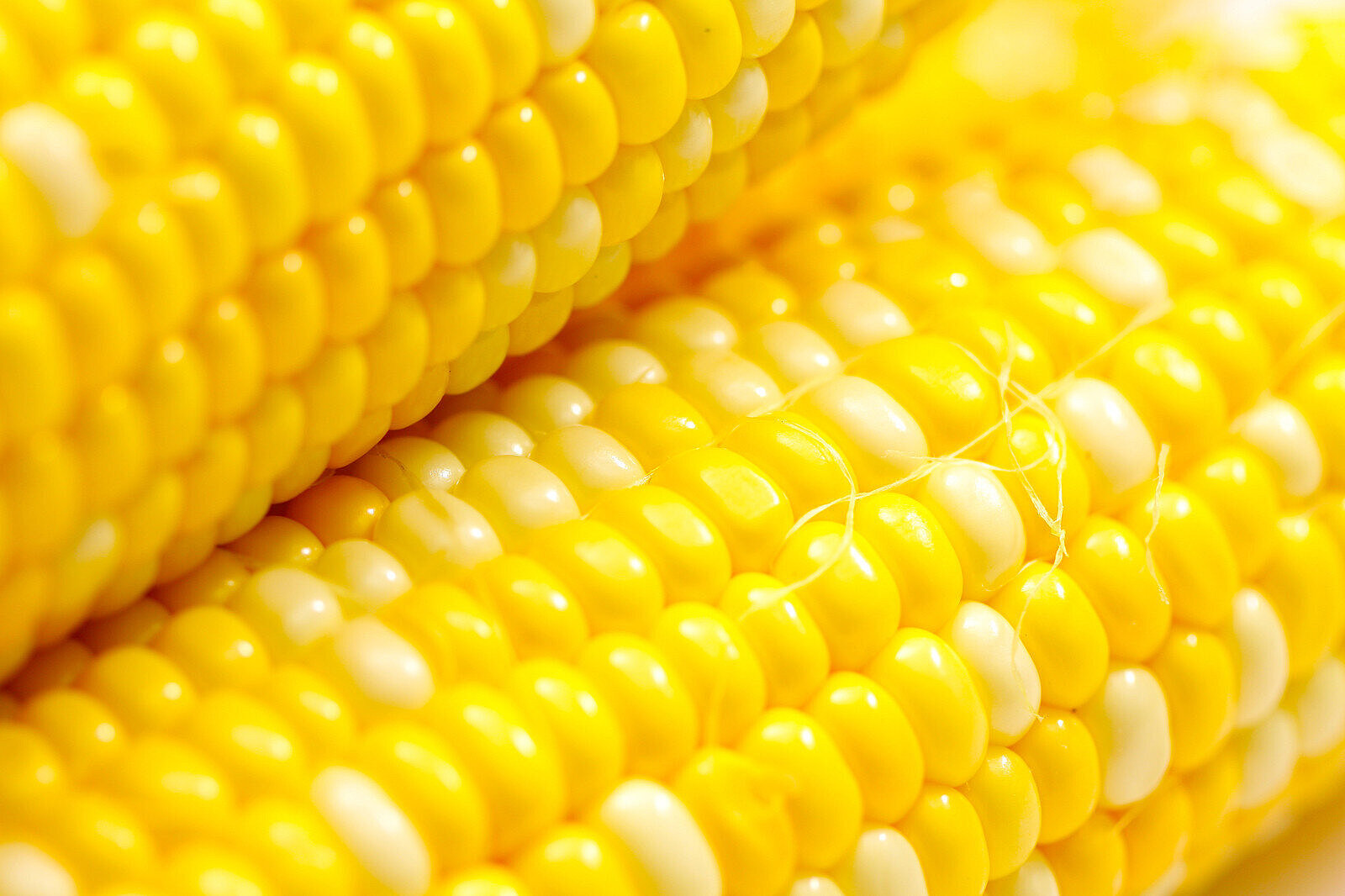Citranaxanthin

Citranaxanthin is a natural colorant extracted from the peel of citrus fruits. It is a carotenoid that is also found in carrots, tomatoes and peppers. Citranaxanthin is often used as an additive in food or animal feed to give it a yellow or orange color. But what does this mean for dogs? Is citranaxanthin healthy or harmful for them? In this article, you can find out more about this ingredient and its advantages and disadvantages.
The benefits of citranaxanthin
Citranaxanthin has several positive properties that can be useful for your dog. Firstly, it is an antioxidant that fights free radicals in the body and thus protects against cell damage. Free radicals are caused by environmental factors such as UV radiation, smoke or stress and can cause inflammation, ageing or disease. Antioxidants such as citranaxanthin can therefore strengthen the immune system and promote health.
Citranaxanthin can also improve your dog's eyesight. Carotenoids are important for the formation of vitamin A in the body, which is responsible for the function of the retina. A lack of vitamin A can lead to night blindness, dry eyes or corneal inflammation. Citranaxanthin can therefore help your dog to see better and keep his eyes healthy.
Disadvantages of citranaxanthin
Although citranaxanthin is a natural colorant, this does not mean that it is always safe. As with all additives, the dose makes the poison. Too much citranaxanthin can lead to side effects such as diarrhea, vomiting or skin rashes. Citranaxanthin can also put a strain on the liver as it is broken down there. If your dog suffers from liver disease or is taking medication that impairs liver function, you should avoid citranaxanthin or at least ask your vet for advice.
Another disadvantage of citranaxanthin is that it can change the natural color of your dog's coat. If your dog consumes a lot of citranaxanthin, his coat may take on a yellowish or orange tinge. This is not dangerous, but it may not be what you want. So if your dog's appearance is important to you, you should avoid products that contain citranaxanthin or only feed them in moderation.
Citranaxanthin is an ingredient that can have both advantages and disadvantages for your dog. It can improve their health and eyesight, but it can also lead to digestive problems, liver damage or coat discoloration. As with all supplements, you should therefore pay attention to how much citranaxanthin your dog consumes and how he reacts to it.
If you notice any signs of hypersensitivity or poisoning in your dog, you should see your vet immediately. We are not a substitute for a vet, but we try to be as accurate as possible. Every dog reacts differently and we recommend you get a second opinion or consult your vet if in doubt.
Stay healthy and take good care of your four-legged friend!😊
Similar to Citranaxanthin
Dogs can convert beta-carotene into active vitamin A and thus cover their need for this vitamin. Vitamin A is important for the dog's eyesight, skin health and immune system, among other things....
Lutein can improve vision in dogs, especially in older dogs suffering from age-related macular degeneration. This condition leads to a loss of central visual acuity and can result in blindness....
Like humans, dogs have a macula, a spot on the retina that is responsible for sharp vision. The macula contains high concentrations of zeaxanthin and another carotenoid called lutein. These two...
Astaxanthin has many potential health benefits for dogs. For example, it can strengthen the immune system, improve eye and heart health, promote skin and coat quality and relieve joint pain....



